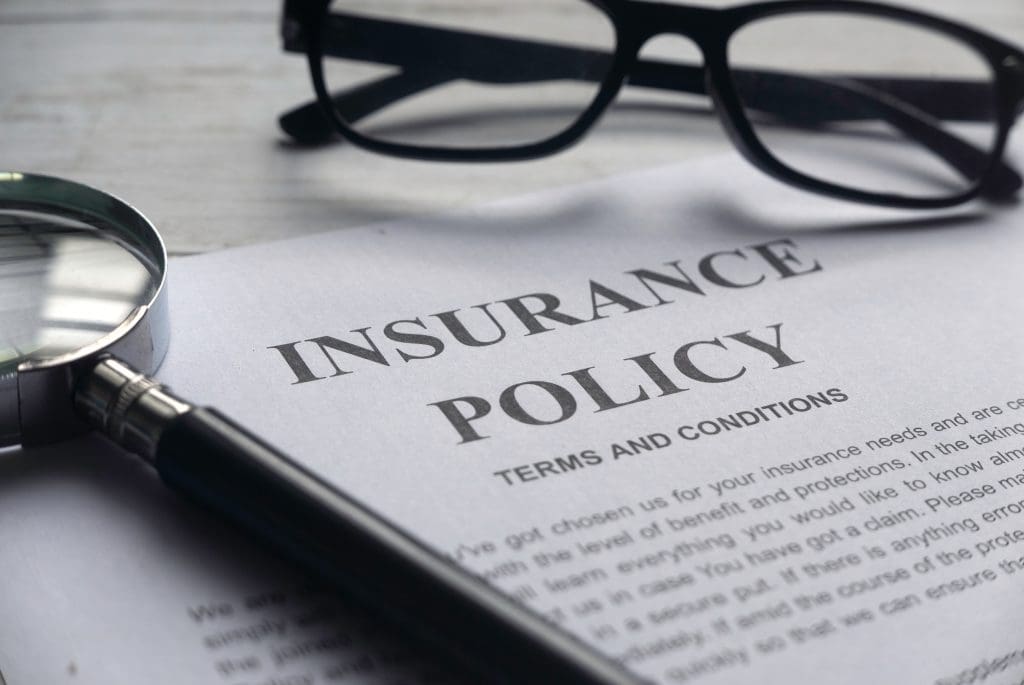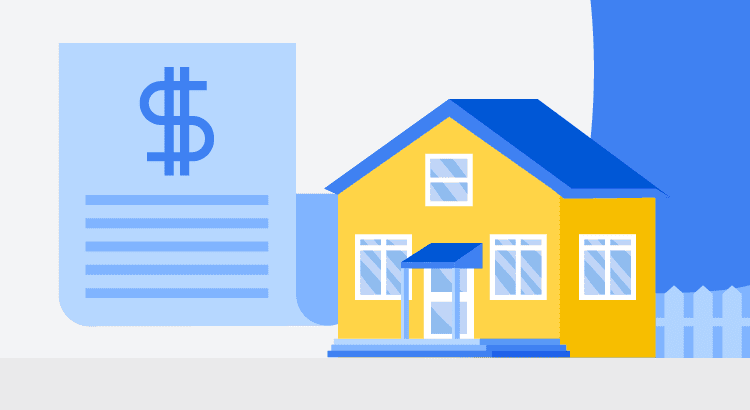If your buying a home you may be wondering if you should include taxes and insurance in your mortgage payment. For many buyers, including their taxes and homeowners insurance in their mortgage payments is a good idea. It can help to spread out the cost of these items throughout the year and make budgeting a little easier. But is it the best financial decision? Here are a few things to consider before deciding if you should include taxes and insurance in your mortgage payment.
When determining how much house you can afford, factor in all associated costs

When considering the purchase of a new home, it is essential to ensure that you are factoring all associated costs into your budget – such as property taxes, homeowners insurance, and any other potential fees. Calculating these costs upfront can help reduce any surprises down the road and provide a more accurate picture of what you can truly afford. Setting a realistic budget will increase your ability to sustain payments on your home for the long term and avoid issues in the future. Therefore, taking into account all related expenses should be an integral part of the decision regarding how much house you can realistically purchase.
Consider adding taxes and insurance to your monthly payment to avoid one large payment

Paying taxes and insurance upfront can be challenging for many homeowners and it can add significant amounts to the cost of a purchase. However, having these costs spread out over time may be preferable for those that prefer to manage their finances with more stability. Paying taxes and insurance monthly allows buyers to break these important expenses into smaller parts, making them more manageable every month and providing peace of mind. It’s an excellent choice for those with limited funds or who need a little flexibility in their budgeting.
If you’re not sure how much your taxes and insurance will be, ask your lender for an estimate
For many homeowners, the burden of paying for things like property taxes and insurance can be overwhelming. It’s important to figure out how much these expenses will cost you before you decide if adding them to your mortgage is the right decision. Talk to your lender about getting an estimate on what your taxes and insurance might amount to. That way, you can make an educated decision about whether this budgeting method will be beneficial for you in the long run.
You should also check with your lender to discuss if paying taxes and insurance outside of the mortgage is acceptable with the mortgage and down payment you are implementing. Many banks now require these fees to be escrowed. In particular if the down payment is below a certain threshold (typically 20% – 30% minimum).
You should also take into consideration how good you are at budgeting and being prepared for critical lump sum payments annually.
The vast majority of buyers in today’s market include taxes and insurance in their mortgage payment.
Be prepared for changes to your escrow amount
As a homeowner, it’s important to be aware that every year your mortgage lender will assess any potential property tax and insurance changes and send you a notification about any related adjustments to your escrow amount. Doing so helps to ensure you are prepared for any fluctuating costs and that your mortgage payments remain accurate throughout the loan. By staying informed about your property taxes and insurance rates, you can stay ahead of any changes that may affect the size of your payments so there are no unpleasant surprises down the road.
Now that you know a little more about the true cost of homeownership and how to factor taxes and insurance into your mortgage payment, you can start shopping for your dream home with confidence. Just remember to be prepared for potential changes to your escrow amount each year, and to factor those in as part of your monthly budget. With these tips in mind, you’re well on your way to becoming a savvy homeowner.
#mortgagepayment #taxes #insurance #homeownership #propertytaxes #escrowamount #budgeting #monthlypayment #upfrontpayment

Richard has extensive experience in all aspects of buying and selling residential property. He has sold more than 400 homes and well over $100 million in residential real estate. There’s no need to guess. Get expert advice that will allow you to buy and sell with confidence and ease.
For neighborhood guides about Decatur and other intown neighborhoods, click here.
To learn more about the value of your home, please complete the form here.
If you are looking to purchase a home, please reach out here. We would love to help you have a wonderful buying experience.
You can always reach us through the Contact Us page here as well.
